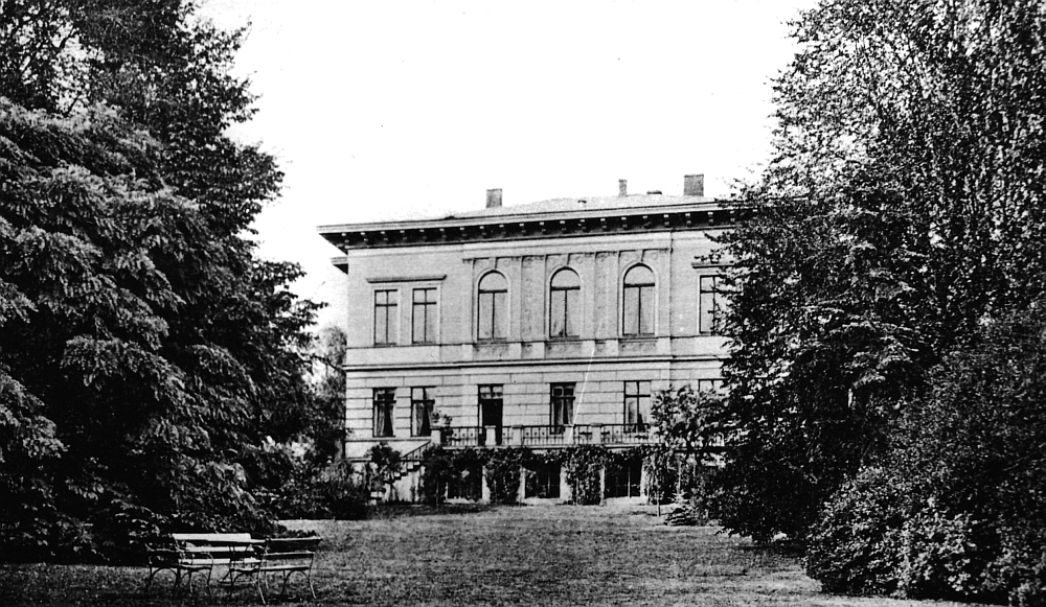
Like all municipal health authorities, the Nordhausen Health Office played a key role in the implementation of the National Socialist health policy. It aimed to maintain the "racial hygiene" of the "German people's body". People defined as "inferior" became victims of systematic marginalisation and murder.
In January 1934, the "Law for the Prevention of Hereditary Diseases" came into force. The law permitted sterilisation without the consent of those affected and also obliged doctors, welfare workers and teachers to report alleged hereditary diseases. General practitioners in particular were to be the "guardians of the German hereditary stream" in the future.
The "Advisory Centre for Hereditary and Racial Care" set up in Köllingstraße compiled "hereditary-biological registers" in which all information on a person's so-called hereditary health was recorded. Numerous authorities were involved in the "hereditary-biological registration" of the population: Couples wishing to marry had to undergo marriage counselling and prove their suitability to start a family. Medical examinations at the authorities, home visits by representatives of the welfare offices and interviews with teachers, work colleagues and neighbours provided further information. In 1935 alone, the four welfare officers in Nordhausen made around 2,000 home visits and wrote detailed reports.
On the basis of the data collected, the authorities drew up reports and used them to apply for forced sterilisation at the so-called hereditary health court, which was attached to the district court. It was mainly welfare recipients, long-term unemployed people, so-called
After 1945, the building in Köllingstraße continued to house the state health office. Today, the villa is a private residence.
